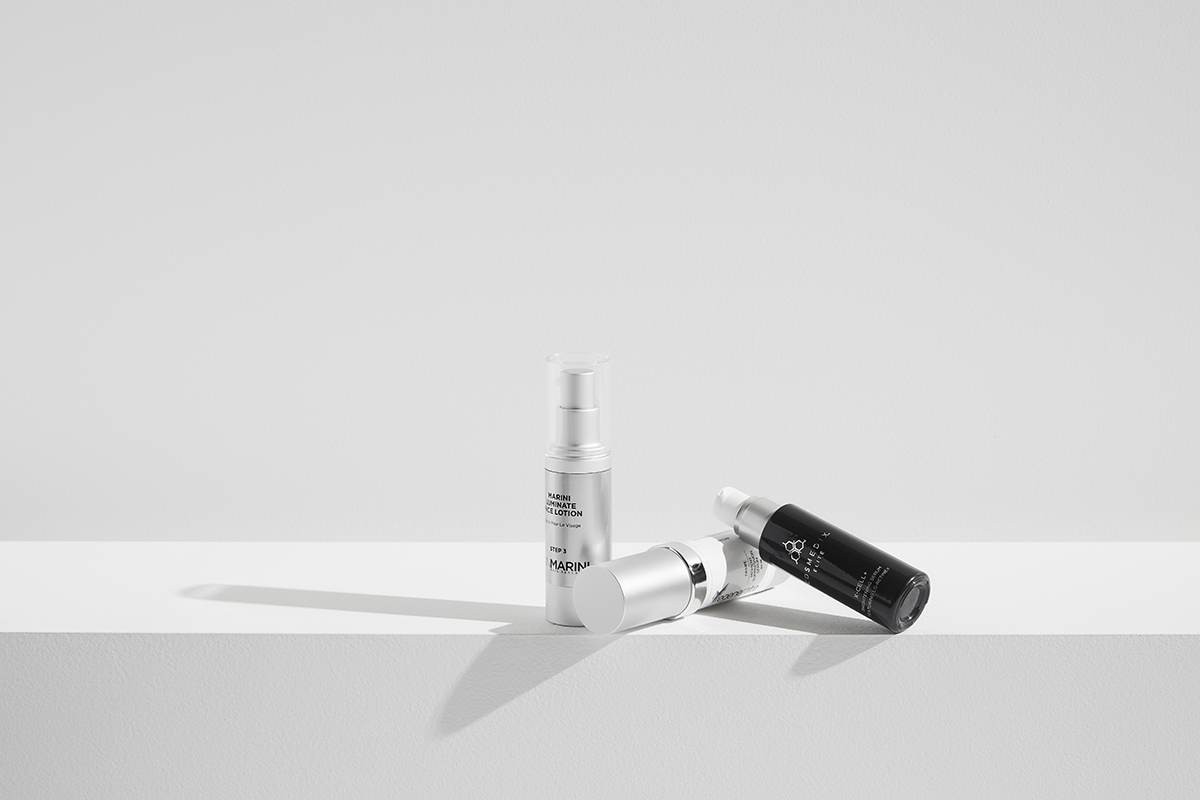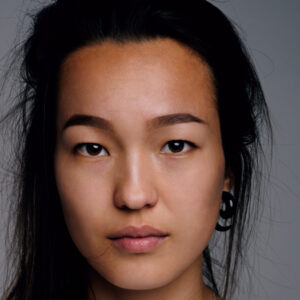Pigmentation
Pigmentation is discolouration caused by the over-production of melanin in the skin. Melanin is what gives our skin colour and dictates whether we have fair or dark skin.
What causes pigmentation?
Pigmentation can be epidermal (on the surface), dermal (deep), or a mixture of both.
The over-production of melanin can be caused by factors such as UV exposure and skin trauma, as well as a range of inherited conditions.
It can also be hormone-related. This may occur during pregnancy, menopause or when taking medication that effects hormone levels such as the oral contraceptive pill or Hormone Replacement Therapy.
How can I prevent pigmentation?
The severity of pigmentation can be influenced by sun exposure. Sunscreen will be the most important weapon in your skincare artillery.
Choose a sunscreen with a high factor and a broad spectrum of protection against both UV-A and UV-B rays. Where possible you should try to limit your time outdoors when the sun is at its peak. In Australia, unfortunately that means from about 10am to 3pm. Most weather Apps will tell you when UV is peaking.
Be wary of your meds and lotions
Some skin treatments, medications and skin care products can increase your skin’s risk of developing the condition. If you are planning to undergo a skin treatment, one of our Script practitioners will be able to discuss potential risks with you and give you the go-ahead if it’s safe.
If you are taking a prescription medication and you normally spend a great deal of time outdoors, ask your health care professional whether you should take any special precautions.
Be aware that certain non-prescription skin care products containing Alpha-Hydroxy Acids or Vitamin A can make your skin more vulnerable to damage from sunlight. When using them you need to ensure you also use a sunscreen.
Here are some key ingredients to look for when choosing the right skincare to combat pigmentation:
- Liquorice
- Vitamin B (niacinamide)
- Tyrosinase inhibitors
- Vitamin A (sunscreen is a must)
If pigmentation does happen to be one of your key skin concerns, we can take the complexities of finding the right products away with our simple online test.
Or alternatively, come and see us in store.


